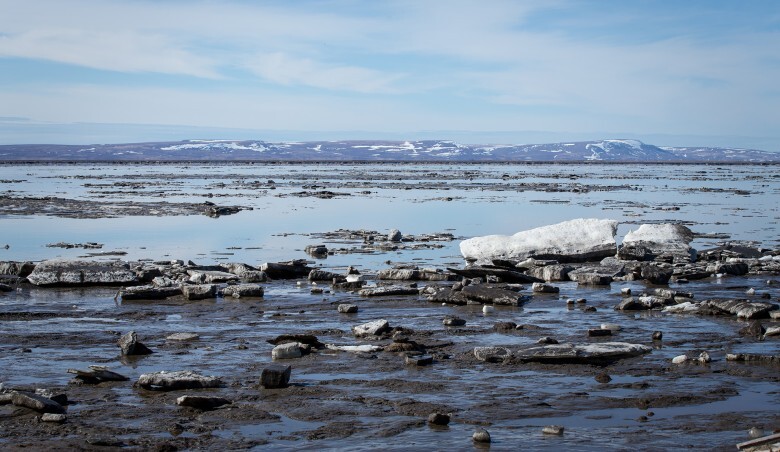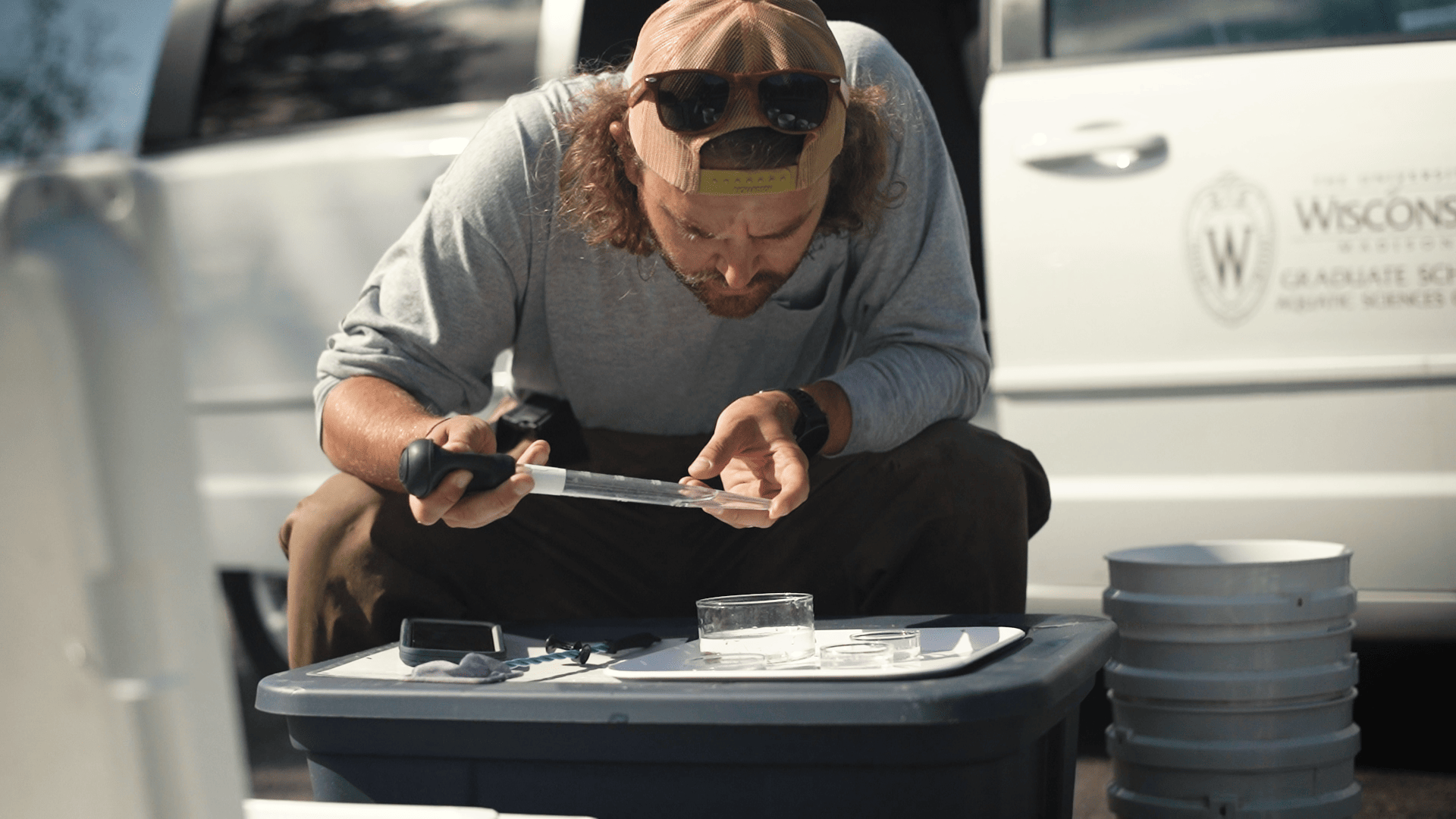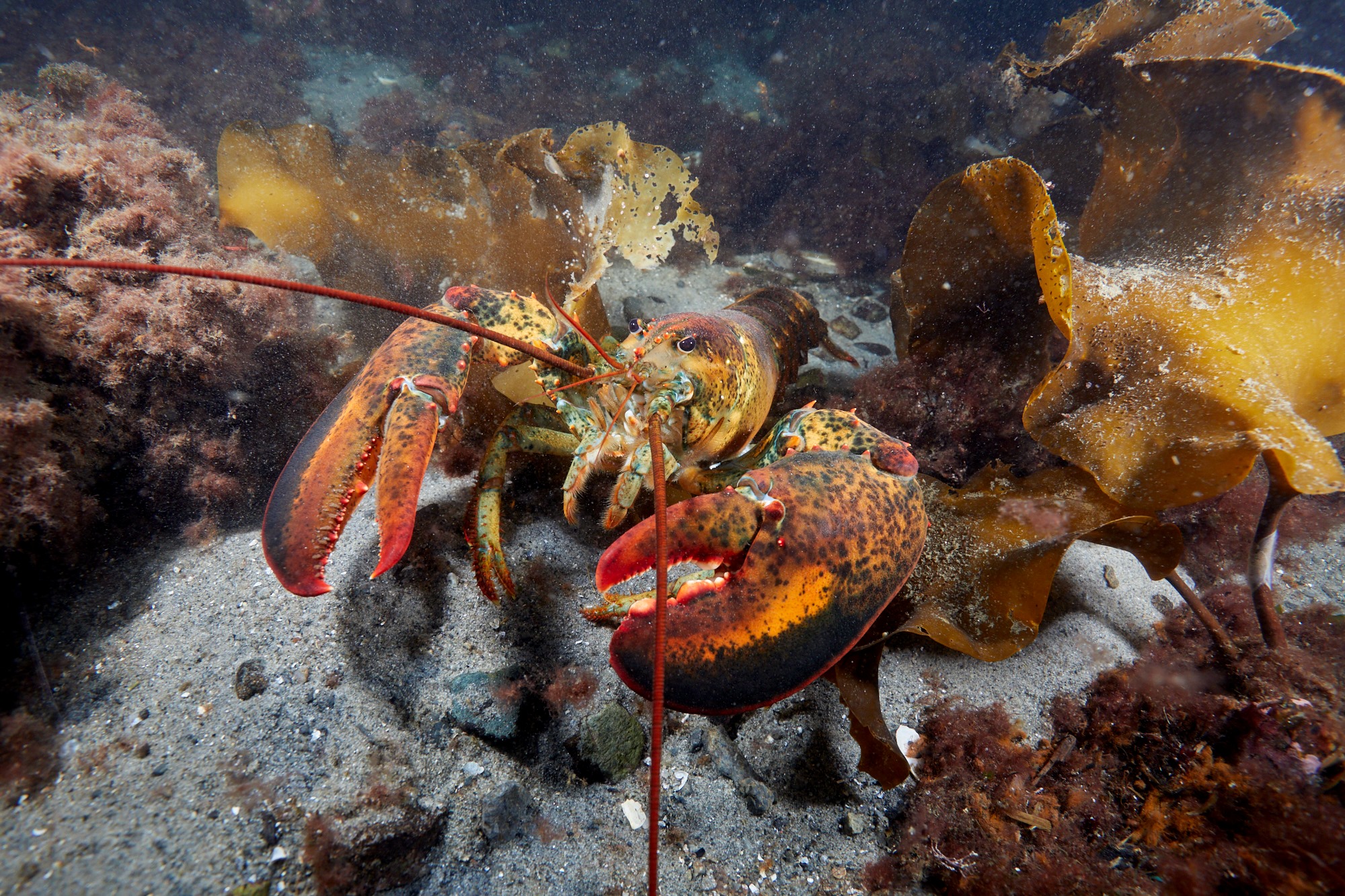Six years of research in four high-priority tributaries of the Russian River allowed California Sea Grant biologists to document insufficient over-summer streamflow as the definitive barrier to endangered coho salmon survival within the watershed.
Building on this research, California Sea Grant worked with partners to support the release of cold, clean water from a municipal source into flow-impaired Dutch Bill Creek. California Sea Grant monitored the effectiveness of this flow augmentation in order to inform partners and resource managers and help guide future release efforts. The water release doubled summer base flow in at least three kilometers of stream, preventing endangered coho salmon and threatened steelhead trout from dying due to late-summer stream drying in at least three kilometers of Dutch Bill Creek.


